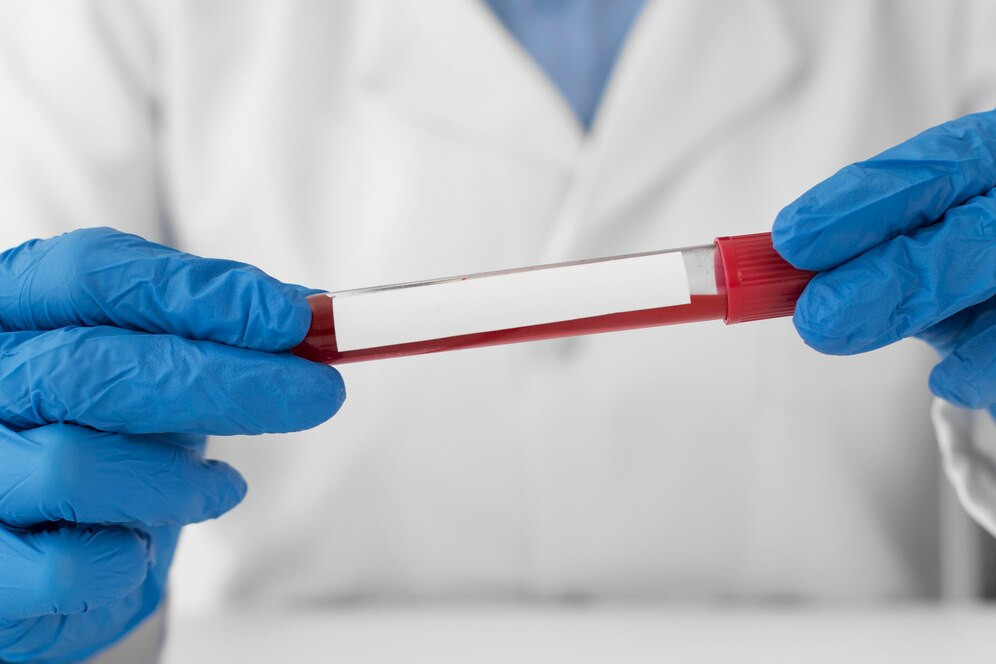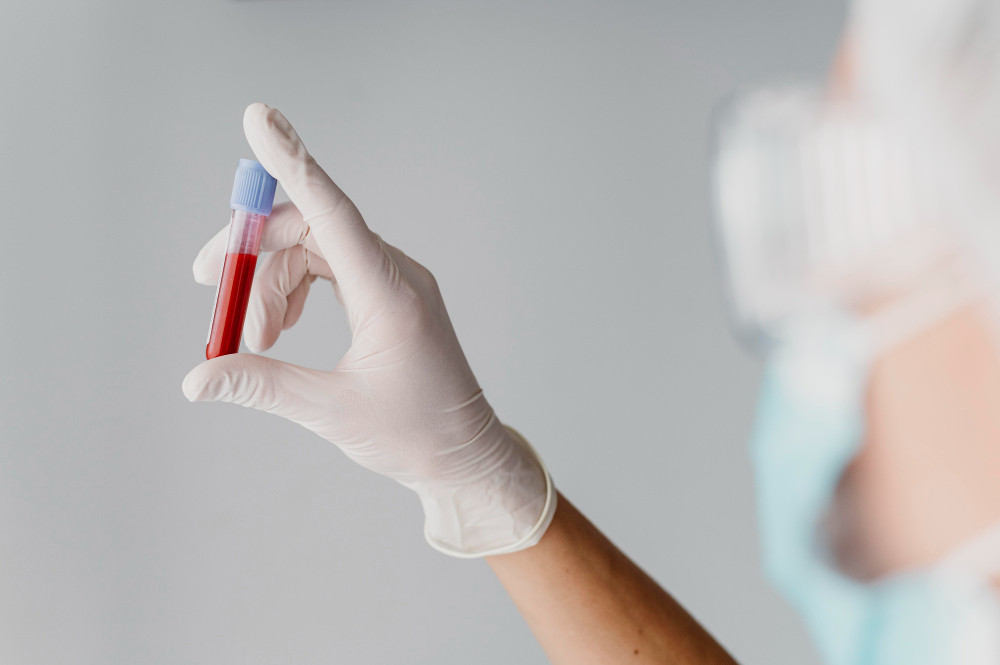Definition
Toxoplasmosis is an infection caused by the Toxoplasma gondii parasite. This infection can affect humans, as well as various bird and animal species, with cats often identified as carriers of the parasite. The transmission of toxoplasmosis can occur through multiple routes, including:
- Consuming raw or undercooked meat (e.g., pork, lamb, deer)
- Drinking contaminated water
- Drinking unpasteurized milk
- Contact with infected cat feces
- Maternal transmission to the fetus via the placenta
In pregnant women, toxoplasmosis can cross the placenta to infect the fetus, potentially causing premature birth, congenital toxoplasmosis, or miscarriage. Congenital toxoplasmosis is marked by damage to the eyes, central nervous system, skin, and ears. In some cases, these complications may not manifest until the child reaches adolescence or adulthood.
The Anti-Toxoplasma IgM test detects exposure to the Toxoplasma gondii parasite or the presence of an ongoing infection. During the initial phase of infection, the body produces IgM antibodies, which remain measurable in the blood for up to two weeks after exposure. Over time, IgM antibodies diminish and are replaced by IgG antibodies, which persist for life. However, IgM antibodies may reappear during recurrent infections.
Indications
The Anti-Toxoplasma IgM test is designed to detect infections caused by the Toxoplasma gondii parasite in individuals recently exposed or suspected of having a toxoplasma infection, which may present with flu-like symptoms. Additionally, this test is used to identify a patient’s history of toxoplasma infection or to assess complications resulting from active toxoplasma infections.
This test is recommended for patients with specific medical conditions, such as:
- Swollen lymph nodes of unknown origin
- Elevated white blood cell (lymphocyte) count without a clear cause
- HIV/AIDS accompanied by symptoms of brain toxoplasmosis (e.g., headaches, seizures, weakness, vision or speech impairments)
- Swelling or inflammation at the back of the eye (chorioretinitis)
Contraindications
The Anti-Toxoplasma IgM test is considered safe with moderate risks. There are no specific contraindications. If blood samples have already been collected, this test is similar to standard blood sample procedures.
Preparations Before the Test
No special preparation is required for the Anti-Toxoplasma IgM test. You can discuss your current medications with your doctor before testing. Fasting is not necessary for this test.
Test Procedure
The Anti-Toxoplasma IgM test involves collecting a blood sample and is a straightforward process. Laboratory staff will sanitize the arm with sterile alcohol and draw a small amount of blood from a vein using a sterile syringe. For infants, blood is typically collected from the heel. The collected blood is placed in a tube and analyzed using specialized laboratory equipment. The risks associated with blood collection are minor. Some individuals may experience slight discomfort, dizziness, or bruising at the puncture site, which usually resolves quickly.
Normal and Abnormal Values
Normal results for the Anti-Toxoplasma IgM test may vary depending on the laboratory. In general, the results are interpreted as follows:
| Value | Results |
| >12 IU/mL | Positive |
| 10-11 IU/mL | Occult |
| < 9 IU/mL | Negative |
Results and Recommendations (Further Testing)
The interpretation of test results depends on factors such as age, gender, medical history, and the testing method used. The Anti-Toxoplasma IgM test is not interpreted in isolation but is usually complemented by an IgG test for a more accurate diagnosis.
Negative IgM result indicates no current infection or a past infection. If negative IgM is accompanied by positive IgG, this suggests a history of past infection. Positve IgM result finding indicates an active or recent toxoplasma infection. The IgG test can determine whether the infection is recent or ongoing.
If positive IgM is accompanied by negative IgG, this could suggest an early-stage infection. For newborns, this result may indicate congenital infection, a condition associated with abnormalities in the baby. If both IgM and IgG show positive results, this can indicate a current or chronic toxoplasma infection, as well as the possibility of reactivation or reinfection of toxoplasma.
Consult the Right Doctor
If your Anti-Toxoplasma IgM test results are abnormal, it is advisable to consult a general practitioner for a precise diagnosis and treatment. Abnormal results may be influenced by factors such as medications, lifestyle, diet, or specific health conditions, including pregnancy, that may impact progesterone levels.
Your doctor may recommend additional or follow-up tests as necessary. If needed, they may refer you to an internal medicine specialist for further evaluation. The doctor will monitor your symptoms and the effectiveness of any prescribed treatments. Share any symptoms or concerns you may have with your doctor.
Interested in learning more about laboratory, radiology, and other test results? Click here!
- dr. Monica Salim
Toxoplasmosis Testing. (2021). Retrieved 16 May 2023, from https://www.testing.com/tests/toxoplasmosis-testing/
Toxoplasmosis Test. (2021). Retrieved 16 May 2023, from https://www.healthline.com/health/toxoplasma-test
How Toxoplasmosis is Diagnosed. (2021). Retrieved 16 May 2023, from https://www.verywellhealth.com/toxoplasmosis-diagnosis-4164712
Toxoplasmosis IgG and IgM. (2022). Retrieved 16 May 2023, from https://www.biron.com/en/glossary/toxoplasmosis-igg-and-igm/
Toxoplasma Blood Test. (2022). Retrieved 16 May 2023, from https://medlineplus.gov/ency/article/003514.htm











